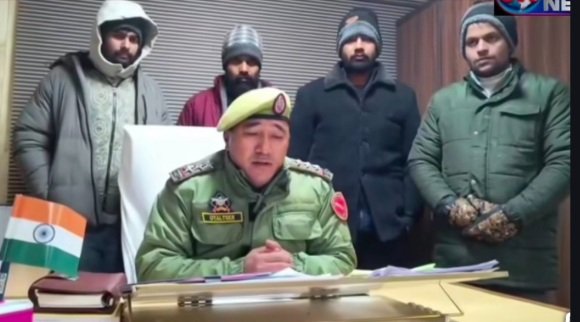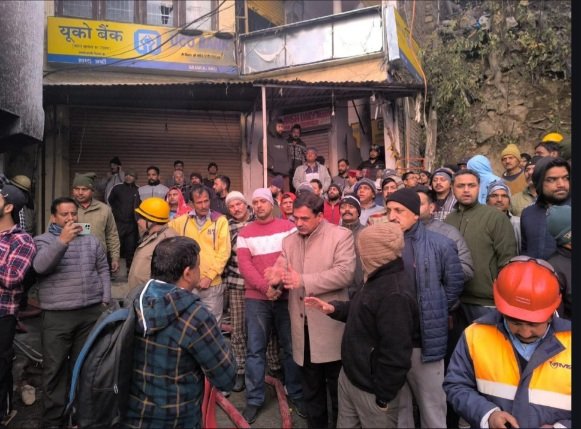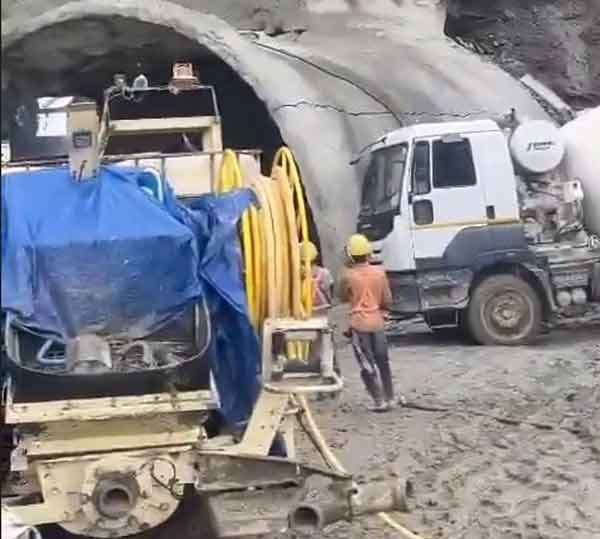
Photo used for indicative purpose only. Source internet
Hearing a special leave petition the Supreme Court held that bail cannot be made conditional upon heavy deposit beyond the financial capacity of the applicant. The applicant M D Dhanapal, who was the Chief Priest of a temple in Thiruchirappalli district in Tamil Nadu, where seven pilgrims had died on April 20 this year in a stampede. He was arrested by police pursuant to an FIR registered for the mishap.
When he applied for bail on safeguard, the Madras High Court allowed it conditional that he should pay ten lakh rupees each to the families of the expired people. That implied that he needed to pay a strong whole of rupees seventy lakhs to the beneficiaries of the dead pilgrims.
“The High Court cannot be faulted as from the orders impugned it is patently clear that it was the learned lawyer appearing on behalf of the petitioner who had offered to pay Rs.10,00,000/- (Rupees ten lakhs only) to the family members/legal heirs of each of the deceased pilgrims,” stated the vacation bench of Justices Indira Banerjee and Ajay Rastogi.
Adding,” An application was also made for modification of the order dated 30.04.2019 whereupon an order dated 16.05.2019 was passed, extending the time to make the deposit by a further period of three weeks,” observed the apex court. Adding,” In this Court it is submitted that the petitioner, who was rendering devotional services in a relatively small Temple at Tiruchirapalli, with little income does not have the requisite funds.”
In this backdrop, the applicant approached the Supreme Court. The bench of justices allowed the petition observing: “If the petitioner lacks funds, undertaking ought not to have been given. Be that as it may, it is well settled that bail cannot be made conditional upon heavy deposits beyond the financial capacity of an applicant for bail”. The bench also noticed that the petitioner was not named in the FIR, and that there was nothing to indicate that he was responsible for the mishap. The petition was allowed, waiving the condition of making payment.



















